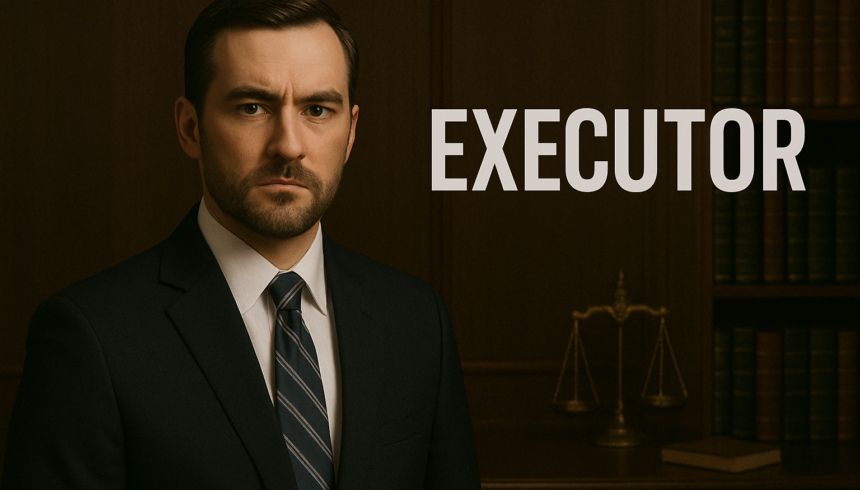
 By Evan Lange
By Evan Lange
Before proceeding, please review the legal disclaimer.
If you’re the beneficiary of a will—or you’ve been named the executor—you might be wondering:
“Can an executor change a will?”
The simple answer is no. Under Texas law, an executor cannot change, rewrite, or alter a will after the person who created it (the testator) has passed away.
At The Lange Firm, we regularly help Texas families understand the probate process, the role of the executor, and what legal options are available if something seems off. In this blog, we explain why an executor can’t change a will, what they can do, and how to resolve conflicts if you think someone’s stepping out of bounds.
An executor (also called a personal representative) is the person named in a will and appointed by the probate court to:
The executor has a fiduciary duty to act in the best interest of the estate and the beneficiaries—and to follow the will exactly as written.
The will is a legal document that becomes fixed upon the testator’s death. Once that person has passed away:
Even if the executor disagrees with the terms of the will or believes it’s unfair, they do not have the authority to change it.
While the executor can’t change the will, they do have the power to:
They must always act within the bounds of the will and the law.
Let’s clear up some frequent misunderstandings:
No. They must distribute property exactly as stated in the will.
Absolutely not. Only the person who wrote the will could have done that—while alive.
The executor can delay distribution for valid reasons (like resolving debts), but they can’t refuse to distribute property if the will says they must.
Wills are legally binding, even if they feel outdated or unfair. If the will is:
However, beneficiaries or other interested parties can contest the will if they believe it is:
✅ The Lange Firm handles will contests and defends both beneficiaries and executors in probate disputes.
Technically, beneficiaries can agree to change the effect of the will through a process called a family settlement agreement.
This requires:
This is not the executor’s decision—it must be a mutual agreement among the heirs.
If an executor alters a will, ignores its instructions, or acts outside their authority, they could face:
📞 If you suspect an executor is acting improperly, The Lange Firm can help investigate and protect your inheritance.
We assist:
So, can an executor change a will?
✅ No. They must follow it exactly as written and have no authority to rewrite, reassign, or modify the deceased’s wishes.
At The Lange Firm, we help Texas families make sure estates are handled properly, fairly, and legally—with or without conflict.
Follow our newsletter to stay updated.

2025- The Lange Firm all rights reserved.

Mr. Evan B. Lange is the attorney responsible for this website. | All meetings are by appointment only. | Principal place of business: Sugar Land, Texas.
The information you obtain at this site is not, nor is it intended to be, legal advice. You should consult an attorney for advice regarding your individual situation. We invite you to contact us and welcome you to submit your claim for review. Contacting us does not create an attorney-client relationship. Please do not send any confidential information to us until such time as an attorney-client relationship has been established.